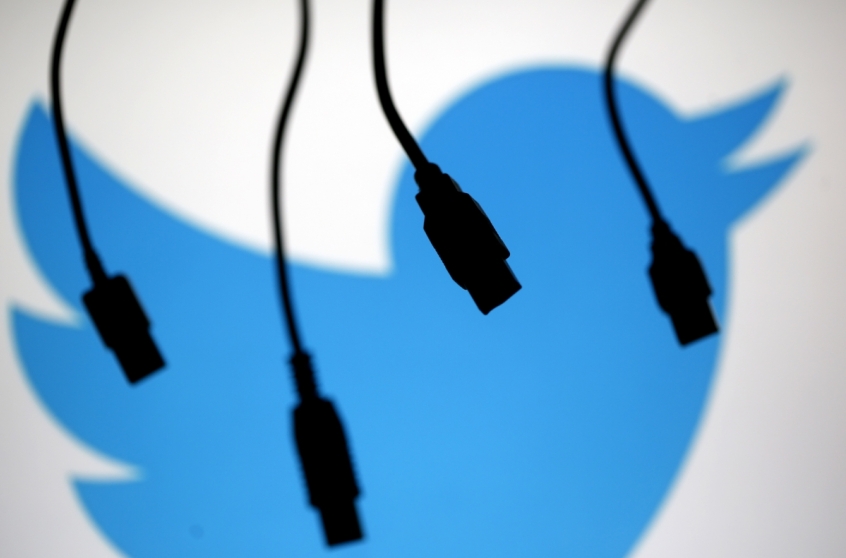
Representatives from Twitter, Microsoft and Google have signed a pledge refusing to aid a Donald Trump proposal to create a database of Muslims in the US.
Asked about the idea a year ago on the campaign trail, Trump said in an interview with NBC News: "Oh, I would certainly implement that — absolutely."
But by Wednesday afternoon more than 640 individuals from technical firms agreed to the pledge "choosing to stand in solidarity with Muslim Americans, immigrants, and all people whose lives and livelihoods are threatened by the incoming administration's proposed data collection policies".
Those signing the pledge promised, among other things, to: refuse to participate in the creation of databases that would allow the government to target individuals based on race, religion or national origin; advocate within their organisations to minimise data collection that would facilitate ethnic or religious targeting; responsibly destroy high-risk data sets and backups, and resign from their organisation if ordered to build such a database.
In recent weeks, the President-elect's team has backtracked on his earlier statements, saying that he had never advocated for "any registry or system that tracks individuals based on their religion".
However, Trump's website is still calling for a "total and complete shut-down of Muslims entering the United States". Such a database could be needed to implement that policy.
The only high-profile tech firm to have spoken out explicitly against working with the government to surveil its users is Twitter, with its general manager of data and solutions writing on November 22: "We prohibit developers... from allowing law enforcement — or any other entity — to use Twitter data for surveillance purposes. Period."
Facebook, which initially declined to comment, issued a statement yesterday saying it had not been asked to build a Muslim register "and of course we would not do so".
While civil libertarians praised Twitter for its position, the organisation was notably absent from a technology summit held by Trump in New York yesterday. Executives present at the meeting included Facebook's Sheryl Sandberg, Alphabet's Larry Page, Tesla's Elon Musk and Microsoft's Satya Nadello.
"I believe the indirect effects of this pledge may be even more powerful than the direct effects," Valerie Aurora, a programmer who signed the pledge, wrote in a blog post on her website. "In my experience, tech company executives will pay close attention to any cause powerful enough to get tech workers to pledge solidarity with each other and with the most vulnerable in society."













